
The FDA approved Imdelltra after a study showed longer survival compared with chemotherapy in advanced small cell lung cancer.

Spencer, Assistant Editor of CURE®, has been with MJH Life Sciences since 2024. A graduate of Rowan University with a bachelor's degree in health communication, Spencer manages CURE's Facebook, Instagram and YouTube. He also enjoys spending time with family and friends, hiking, playing guitar and rock climbing.

The FDA approved Imdelltra after a study showed longer survival compared with chemotherapy in advanced small cell lung cancer.

The oral therapy DPTX3186 received fast track status to help speed development of a potential new option for patients with gastric cancer.

This guide explains diagnosis, staging, treatment options, side effects and a patient’s metastatic experience with osteosarcoma.

A study at IKCS finds higher BMI after kidney cancer diagnosis improves survival, while significant weight loss predicts poorer outcomes.

FOG-001 received fast track designation after early study results showed tumor shrinkage in all evaluable patients with desmoid tumors.
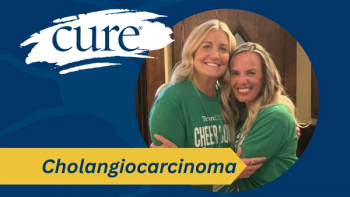
Cindy and Katie share how caring for parents with cholangiocarcinoma led to friendship, support and advocacy through the Cholangiocarcinoma Foundation.

Trial data showed a 62% complete response rate at 6 months with detalimogene coraplasmid among patients with high-risk, BCG-unresponsive bladder cancer.
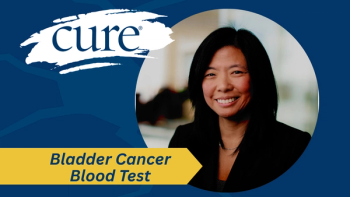
Dr. Minetta Liu explains how Signatera detects tumor DNA after bladder surgery, guiding treatment and identifying patients who need immunotherapy.

MB-105 received a special FDA status to help deliver faster treatment options for people with relapsed T-cell lymphoma who have few options.

Dave Nitsche, a nonsmoker and endurance athlete, pushes back against stigma and stays active while advocating for lung cancer screening.

Thymoma is a rare cancer of the thymus that can be treated with surgery, radiation, chemotherapy or immunotherapy depending on stage.

Kimberly Alexander urges care partners to seek support, prioritize self-care and push for better awareness so families in the Black community aren’t overlooked.
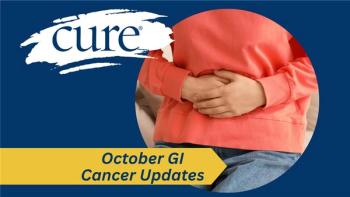
Long-awaited progress in rectal and gastric cancer research includes a fast track designation and new survival data.

Learn how HR-positive/HER2-negative breast cancer is diagnosed, treated by stage and managed for side effects to guide patient-oncologist discussions.

Longer-term trial results show Voranigo may help control grade 2 IDH-mutated glioma after surgery for those who can delay chemotherapy and radiation.

Stoboclo and Osenvelt is now interchangeable with brand-name drugs, per the FDA, letting pharmacists substitute them while ensuring safety and efficacy.
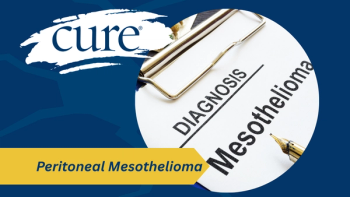
Tamron Little was diagnosed with peritoneal mesothelioma after childbirth and now, 18 years later, she says survivorship is lifelong.
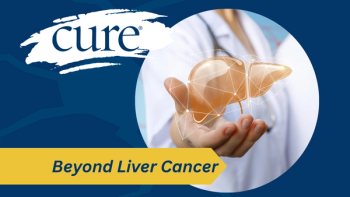
Advances in systemic and local therapies are helping more live longer with liver cancer and move forward after treatment as survivorship becomes a key focus.

Therapies may affect ovarian function and cause early menopause, and many younger women can still pursue family planning with guidance from their care team.

Twanda Frazier guides patients with cancer through Reiki, helping them release stress and find calm, while survivor Radha Narayan shares her positive experience.

Dr Anjana Pillai explains screening, imaging and biopsy for liver cancer, why staging matters and which questions help patients understand care.

Alyson B. Moadel-Robblee, of Montefiore Einstein Comprehensive Cancer Center discusses the BOLD Program, offering support and wellness resources.

The FDA granted rare pediatric disease designation to iopofosine-131 for treating relapsed or refractory pediatric high-grade glioma.
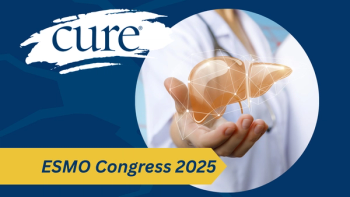
Tiragolumab added to Tecentriq plus Avastin did not improve progression-free survival in untreated advanced hepatocellular carcinoma, phase 3 data show.
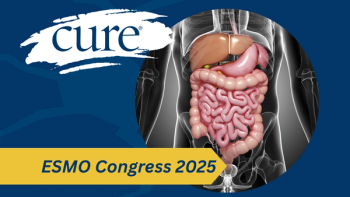
Gleevec remains effective in advanced gastrointestinal stromal tumors, with complete response or full tumor removal doubling median survival.
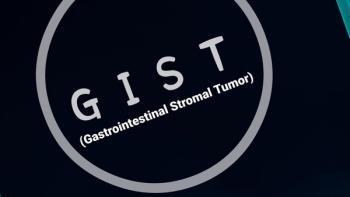
This patient guide explains gastrointestinal stromal tumors, covering diagnosis, treatment options, targeted therapies and practical care tips.

Supportive care with ESAs or danazol alongside Jakafi helps myelofibrosis patients with anemia manage symptoms and maintain effective treatment doses.

Dr. Anjana Pillai explains liver cancer types, risk factors, and prevention, stressing early screening for high-risk patients with liver disease.

The FDA granted breakthrough therapy designation to sonrotoclax for adults with relapsed or refractory mantle cell lymphoma, based on phase 1/2 data.

Dr. Evan Garfein explains how 3D printing and tissue-engineered implants could make breast reconstruction safer and less taxing on the body.